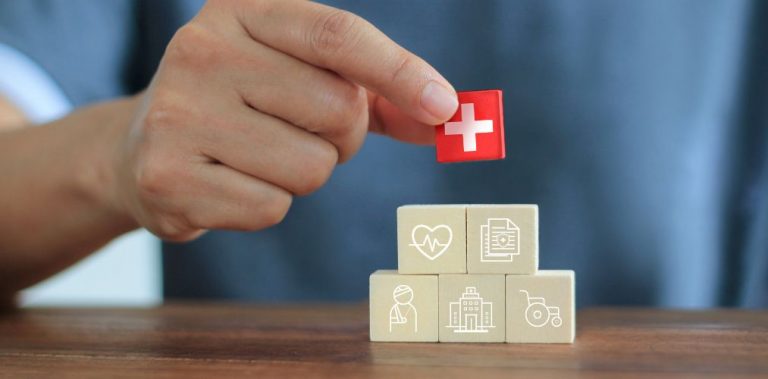What To Do In An Emergency
How To Deal with an Asthma Attack with No Inhaler
Asthma is a chronic lung condition that makes it difficult to breathe. According to the American College of Allergy, Asthma, and Immunology, in the United States, about 8.3 percent of people have asthma. That means asthma affects over 26 million people.
A flare-up of asthma symptoms can come on suddenly and leave you breathless. Fast-acting inhalers, such as albuterol, are your go-to medication if you develop asthma symptoms. But what can you do if you develop an asthma attack without an inhaler?
While dealing with an asthma attack without an inhaler can be frightening, there are things you can try to prevent panic and deal with symptoms until you can get your medication.
The article below looks at how to deal with an asthma attack without an inhaler.
Asthma Attacks
Various things can trigger an asthma attack, such as:
- A lung infection.
- Stress.
- Exercise.
- Exposure to an allergen.
When you have an asthma attack, it can cause your airways to narrow, inflammation to develop and increased mucus. This combination can lead to a variety of symptoms, including:
- Wheezing.
- Chest tightness.
- Shortness of breath.
- Coughing.
Typically, if you have a flare-up of symptoms, you want to treat an asthma attack as soon as possible to prevent symptoms from getting worse. To stop an asthma attack, a fast-acting bronchodilator helps relax the muscles around the airways. This allows the airways to dilate or open to make it easier to breathe.
But if you do not have an inhaler, there are things you can do to prevent symptoms from becoming worse. Keep in mind the tips below are not recommended to do in place of medication to open the airways. Instead, they are ways to deal with an asthma attack until you can use an inhaler.
No Inhaler? Tips for Dealing with an Asthma Attack
Seek Medical Help: If you have symptoms of asthma and no medication, it is important to get help. Symptoms can become worse without medication. If symptoms are mild, having someone get your inhaler may be all you need. If your symptoms are moderate or severe, call 911. Asthma symptoms can become life-threatening. If in doubt, seek professional medical help.
Get Away from Your Trigger: If possible, move away from asthma triggers. For example, if you develop symptoms due to pollen or smoke, try to move inside to get away from lung irritants. The sooner you remove yourself from the trigger, the better. You may be able to prevent symptoms from becoming worse.
Remain Calm: It might be challenging to remain calm when you have trouble breathing. But becoming anxious will make things worse. If you start to panic, it can make your breathing worse.
Get out of Cold Weather: In some cases, cold weather can irritate sensitive airways and trigger an asthma attack or make symptoms worse. If you are outside in cold air, try to go inside.
Sit Upright: Stop exercising or doing vigorous activity. Activities that make you breathless can make symptoms worse. Try to sit upright to get better lung expansion. Sitting upright might also help you deal with feeling panicky. Sit straight and keep your shoulders back to maintain the best posture you can to promote deep breaths. Sitting upright will allow more air to get into your lungs than when you are lying down.
Do Deep Breathing: Take slow deep breaths. Deep breathing may help you get enough air in and reduce shortness of breath. It may also help you relax and prevent anxiety. Breathe in slowly through your nose and exhale fully through pursed lips. Pursing your lips, as if you were blowing out a candle, helps create back pressure in your airway and keeps your airways open.
Sip a Drink Containing Caffeine: If you have trouble breathing, you might not feel like reaching for a cup of coffee. But beverages containing caffeine may modesty help dilate the airways. Caffeine has various effects on the body. According to the Asthma and Allergy Network, caffeine acts as a weak bronchodilator to relax the airway muscles. While a caffeinated drink will not replace an inhaler to treat asthma, it may help reduce symptoms until you can get medication.
Additional Tips for Dealing with Asthma
If you have asthma, it is best to avoid being caught without an inhaler when having an asthma attack. Consider the additional suggestions below:
- Keep an Inhaler Handy: Even if you have not had an asthma attack in months, keep a fast-acting bronchodilator easily accessible.
- Get Refills Before you run Out: Do not wait until your inhaler is empty before getting a refill.
- Check Your Inhaler Periodically: Some inhalers have a dosage count, so you can check to see if it is empty.
- Work with your doctor to develop an effective asthma prevention plan so you do not need to rely on inhalers very often.

